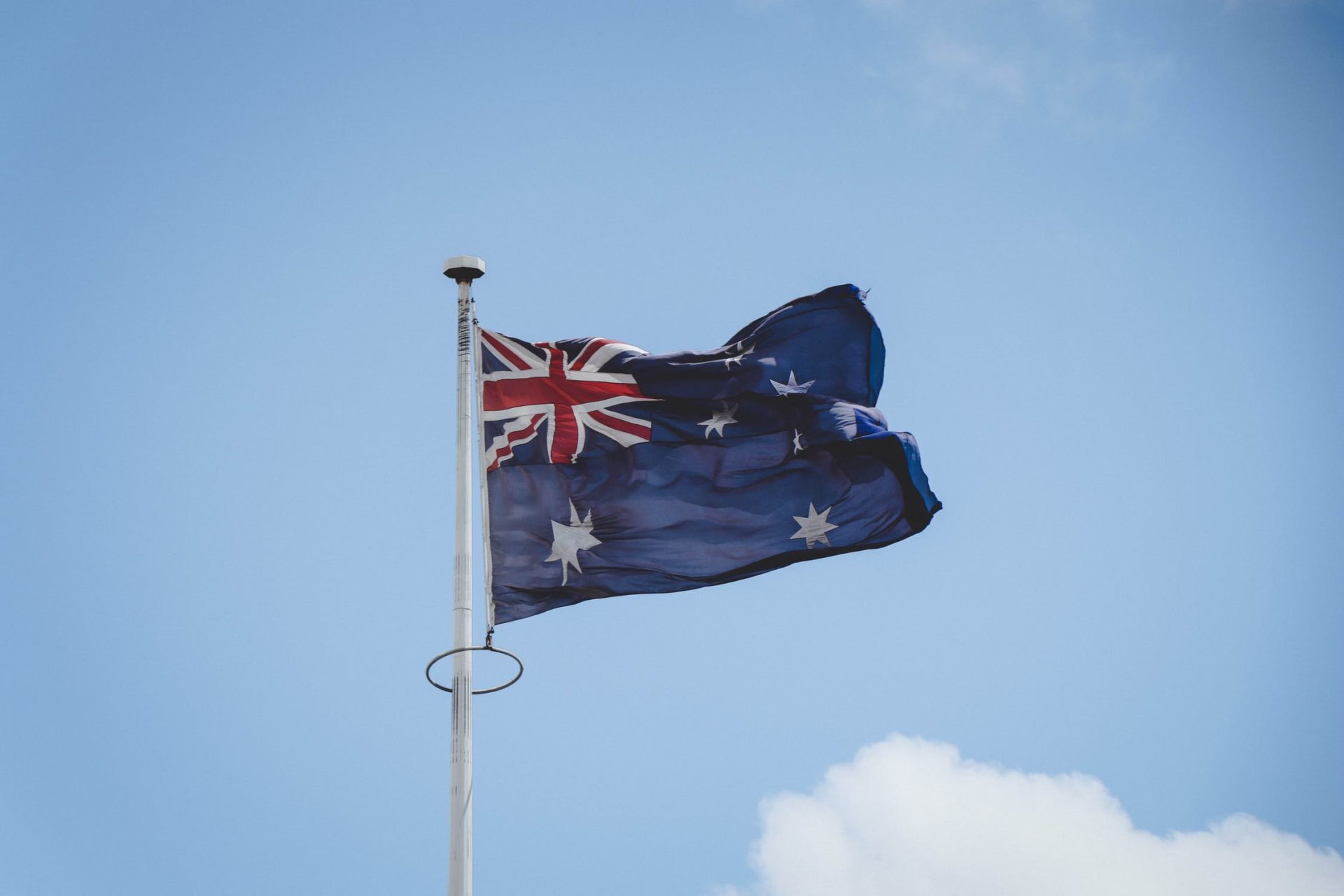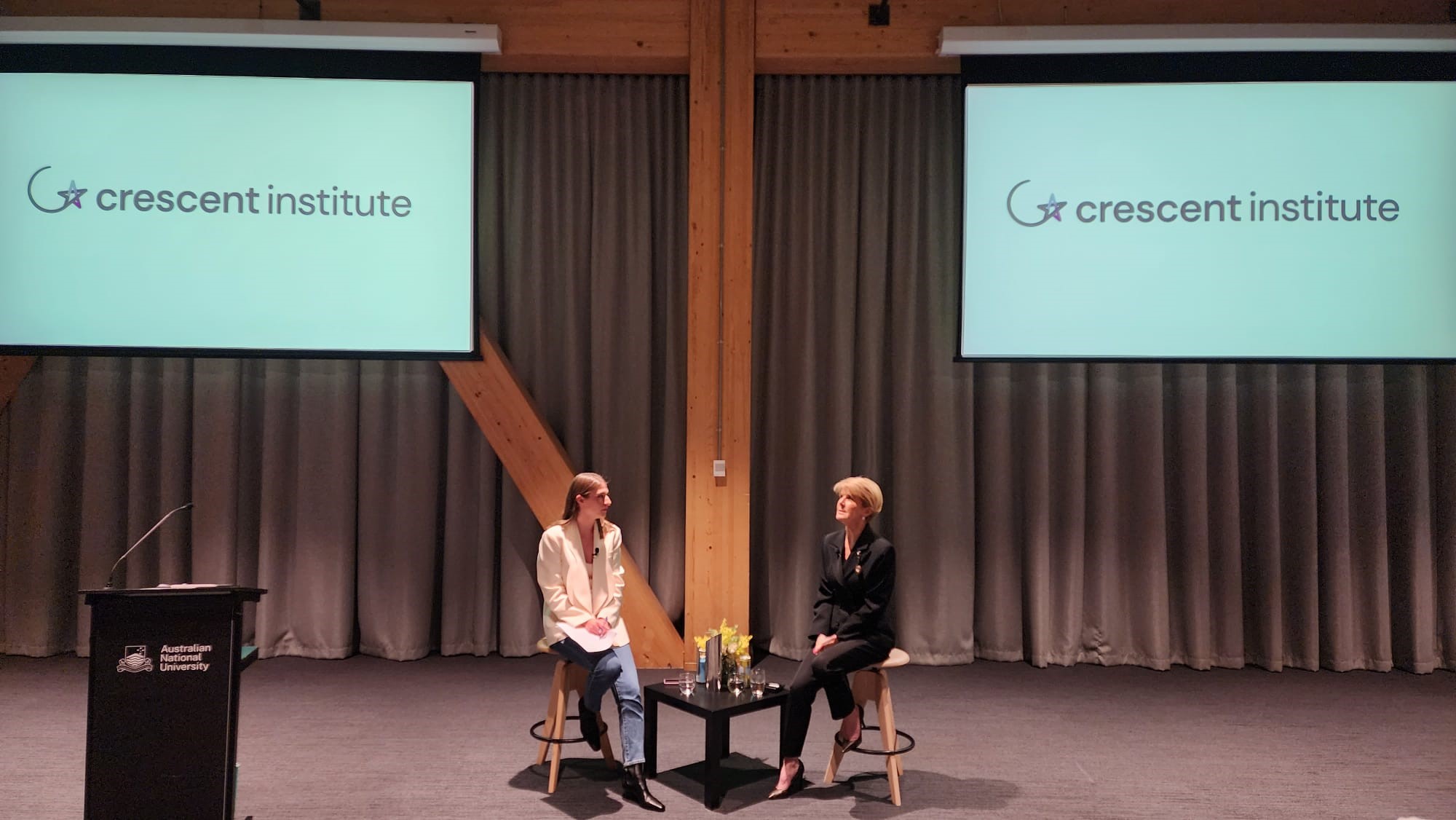26 January: Australia Day History & Origin
Australia Day is a very important day in Australia. Every Australian has fond memories of celebrating the day with friends and family throughout their lives. It’s celebrated on 26 January every year. Everyone enjoys the barbecues, festivals, fireworks, and sporting events that come along with it.
However, there’s also a great deal of controversy surrounding the date of this day of national celebration.
Over the past few decades, the popularity of celebrating this holiday has grown. Along with it, so has the public outcry against celebrating it on that particular date. Most people agree that the collective national pride of Australia should be celebrated. However, many people believe that the holiday celebration should be rescheduled to a different time of the year.
To understand the reasons for this controversy, you need to know a bit about Australia Day's history. You’ll also need to know about the people of Australia and the original meaning behind this holiday. After reading this informative post, you’ll likely have a strong opinion. Should Australia Day be celebrated on 26 January or on another date altogether?
Australia Day History: January 26
Australia celebrates Australia Day on 26 January every year. The selection of that date isn’t random or arbitrary. The reason this holiday is celebrated on this date is that 26 January is a very important day in Australian history – no matter who you are.
The British Arrive
It’s said that on 26 January 1788, the first fleet of British ships arrived at Port Jackson, NSW. Moments later, Governor Arthur Phillip raised the flag of Great Britain at Sydney Cove. Captain James Cook claimed the land for Great Britain in 1770, but this group was the first permanent settlers from abroad.
However, records show that the First Fleet arrived a week earlier. They didn’t feel the place they landed was the best place to plant their flag, so they relaunched and landed in Sydney Cove on the 26 instead.
Further, the colony was not formally established by proclamation until twelve days later, on 7 February. But there was no doubt about it – when the British landed on Australian shores, the continent was irreversibly changed forever.
A Holiday Emerges
As early as 1808, the colony’s immigrants celebrated 26 January as a day to recognise their love and allegiance to their new land. This can be considered the official beginning of Australia Day history, but the tale gets far more complicated than that.
By 1818, the holiday was called Foundation Day. Even at that time, the celebrations included drinking and general merriment, along with sporting events. In the early days, regattas were especially popular.
1838 was the fiftieth anniversary of the colony and 26 January was declared a public holiday officially for the first time. However, it was primarily celebrated in the state of New South Wales. Other parts of Australia celebrated their own patriotic holidays. Two examples included South Australia’s Proclamation Day on 28 December and Western Australia’s own Foundation Day on 1 June.
Many confusing, unaligned, but similar holidays continued to be celebrated in various colonial capitals throughout the remainder of the nineteenth century.
Attempts to Unify
In 1915, this collection of holidays finally came together as one thanks to the mother of four sons, all enlisted in the war effort. Perhaps inspired by their enlistment, the Sydney mother came up with the idea of a true nationwide national day for Australians. The original goal was to use the patriotism of the holiday to recognise and fundraise money for wounded soldiers.
They called this holiday Australia Day and 30 July was its date. The day was quite successful with fundraising, and the event and fundraising continued for several years on that date as well.
Australia Day finally landed on January 26, thanks to a move by Victoria. In 1931, this southern state chose this date for their celebration of this national holiday and soon, all other states followed suit. The name of this holiday was officially Australia Day. Foundation Day was also commonly used and New South Wales continued to refer to the day as Anniversary Day.
Finally, in 1946, the Australian government nationalised the national holiday. The Commonwealth and state governments all agreed to call the holiday Australia Day and to recognise it nationwide on 26 January. However, each state decided whether they would celebrate it on 26 January or on a nearby Monday or Friday to create a long weekend for workers.
Australia Day Today
In 1988, the people of Australia celebrated the two-hundredth anniversary of the arrival of the First Fleet. Many events took place nationwide to commemorate the anniversary throughout the year. But, there was no bigger celebration than Australia Day. Over 2.5 million people attended the main event in Sydney. There were parties, competitions and historic re-enactments. Concerts and performances were also held.
After the big celebration in 1988, Australia Day celebrations' popularity grew bigger than ever before.
In 1994, all states agreed to celebrate a unified public holiday on 26 January regardless of the day of the week upon which it fell. This change gave Australians the opportunity to gather with family in other states. They could also travel, enjoy themselves together, and celebrate collectively as countrymen and women no matter where they live in Australia.
Today, Australia Day events are organised by the Australia Day Council. This organisation has chapters in each state and territory as well as smaller, local committees. Boat races are held in Sydney Harbour. A giant fireworks display occurs in Perth. Melbourne organises several multicultural events. Citizenship events are held. And, the Order of Australia awards are awarded to notable Australians locally and nationally, including the coveted Australian of the Year award.
Everyone loves Australia Day and it’s a great day to be an Australian – right? Well, despite all of the above, some people might beg to differ – and rightfully so. Read on to find out why.
The Case Against 26 January
Not everyone loves celebrating Australia Day on 26 January.
It’s important to remember that Great Britain colonised Australia.
The Indigenous people of Australia did not invite the First Fleet to land on their homeland’s shores. When Captain Arthur Phillip’s fleet of eleven ships landed in Botany Bay to found the first Australian settlement, they had travelled from the other side of the world to a place James Cook had claimed for their country without asking anyone if it was available. People were living on the landmass of Australia already, a fact that Britain and the settlers seemed to ignore.
Of course, the people of Australia have known this fact all along. Even in 1888, Henry Parkes, the Premier of New South Wales, was asked if the Indigenous people should be included in the centennial celebration. He declined, citing that it would only remind them that they’d been robbed.
In 1938, the Aboriginal people celebrated Australia Day with an Aboriginal Day of Mourning. In 1988, on the nation’s 200th anniversary, some Aboriginal people commemorated the day with an event called Invasion Day. Today, people still hold Invasion Day events on Australia Day each year, so protests at Australia Day events are common. Some demonstrations include participants in the several or even tens of thousands.
Another term for this day for the Indigenous people is Survival Day, with the intention of recognising that the Indigenous people and their culture have survived despite the colonisation of their homeland. This allows the Indigenous people of Australia to celebrate their rich culture without focusing only on the negatives of Britain’s imperialism.
The Australian government and people have heard the complaints and pain of the Indigenous people to some extent. They have begun to recognise their anger and concerns. Many Australia Day celebrations today recognise the importance of Indigenous culture. However, many feel that this is not enough.
Change the Date
Many people nationwide have called for a change to the date of Australia Day to take the emphasis off the colonisation by the British. Most feel that the essence of being Australian should be celebrated each year on a national holiday, but no one should feel left out nor be reminded of the island continent’s invasive past.
However, there is much opposition to the idea of moving the date. Many people are creatures of habit and don’t want the date changed. Some feel that because so many new Australian citizens were sworn in on Australia Day, the date should remain the same. They feel that every alternative date will result in debate, making it impossible to settle upon a new date.
However, people who want to see the date changed have proposed several possible alternative dates. Some have proposed New Year’s Day, which is also Commonwealth Day already in Australia.
Others had suggested Independence Day, 3 March, when Australia finally gained complete independence from the British in 1986.
Some have proposed Wattle Day, 1 September, as the new Australia Day. It’s the first day of spring and an existing holiday celebrating Wattle, a plant indigenous to Australia.
All of the above suggestions (along with other suggested dates) seem feasible options for a change many people desire.
The Future of Australia Day
Will the date of Australia Day ever be officially changed? It’s hard to know at this point. Many people favour the date change, but many are also strongly opposed. As more and more people push for the date change, and as the world continues to change and becomes more sensitive to the plight of native people all over the world, it’s possible.
If you believe Australia should change the date of Australia Day, stand up for what you believe in and make your voice heard. When enough people do just that, real change can occur. Australia Day history is long and complicated already. Still, there’s no reason more changes can’t be made moving forward – changes that recognise all Australians, not just those descendants of the British.
Discover more about our events.
Sign-up to our newsletter to stay up-to-date with Crescent Institute initiatives.
Share this
You May Also Like
These Related Stories

Why we should change the date of Australia day

Fostering Equity and Diplomacy in Education

